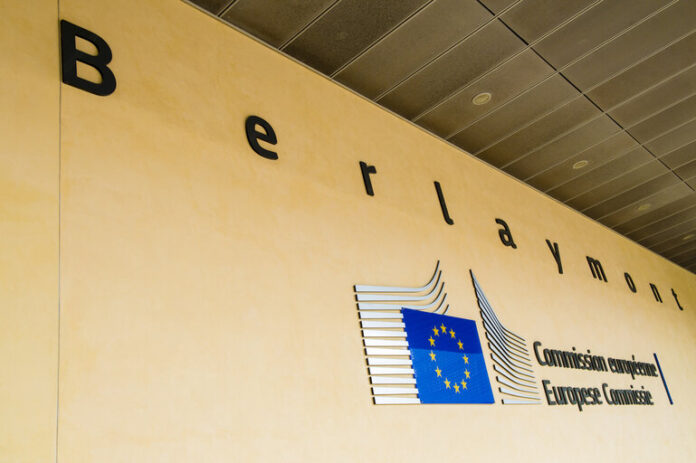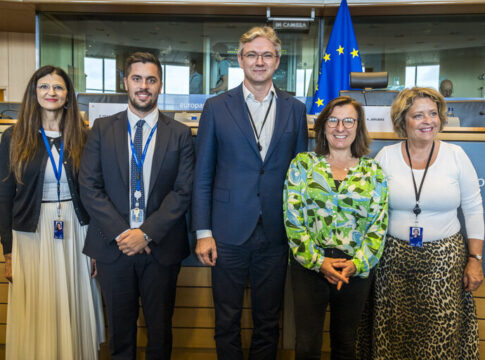The European political climate is heating up, with the anticipation for the appointment of the next Commissioner for Health. Ursula von der Leyen has received nominations from the 27 Member States and is expected to unveil the portfolios on 17 September. One of these will be assigned the crucial public health portfolio.
Stella Kyriakides’ mandate: achievements and challenges
The current Commissioner for Health, Stella Kyriakides, has steered Europe through one of the most turbulent periods in its recent history: the Covid-19 pandemic. Under her leadership, the European Union coordinated the health response among Member States and ensured the rapid distribution of vaccines. Kyriakides also strengthened the European Health Union, laying the groundwork for better health coordination and preparation for future emergencies.
However, her term has not been without difficulties. Against a backdrop of significant geopolitical challenges and increased defence spending, health funding, including the EU4Health programme and other resources, has faced substantial cuts, drawing criticism from experts and politicians who warn of the need for increases to tackle future challenges. This issue may influence the priorities of the next Health Commissioner.
The Commission’s priorities
The new Health Commissioner will face a series of crucial challenges, with priorities set by von der Leyen: European healthcare system resilience, strengthening the European Health Union, improving the security of medicine supply chains, preventing cardiovascular and degenerative diseases, and developing a strategy for artificial intelligence.
The European Parliament will start examining candidates in mid-October, with the future holder of the Health portfolio expected to face their hearing before the Committee on Environment, Public Health and Food Safety (ENVI), now chaired by Italian Antonio Decaro, likely on 14 October.
At a meeting of the Public Health Subcommittee (SANT) on Monday, it was proposed that the candidate should also appear before this subcommittee, reflecting the growing internal calls to separate SANT from ENVI to give greater legislative weight and discussion space. The present MEPs discussed their priorities for the next five years, including mental health, reproductive health, cancer and other non-communicable diseases, prevention, healthy ageing, drug shortages, and investments in research and healthcare systems.
Who are the favourites?
But what names are circulating in the corridors of the Berlaymont building? Here is an overview of the most mentioned candidates and why they might assume this role of great responsibility.
- Costas Kadis (Cyprus)
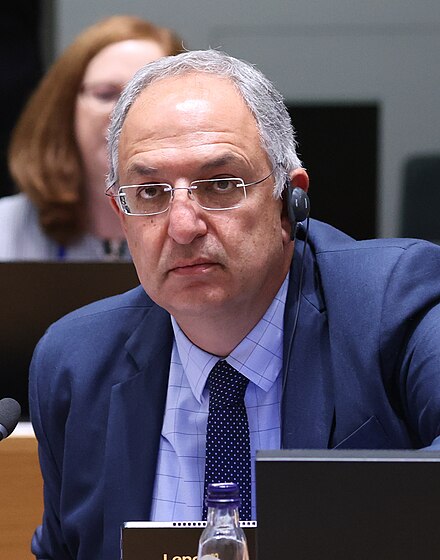
Costas Kadis appears to be the most qualified candidate for the role. With a background in biology and experience as Cyprus’ Minister of Health (2007-2008), he could be a natural choice. However, it remains to be seen whether the Commission will award Cyprus the same portfolio for two consecutive terms, an event that has never happened before.
- Dubravka Šuica (Croatia)
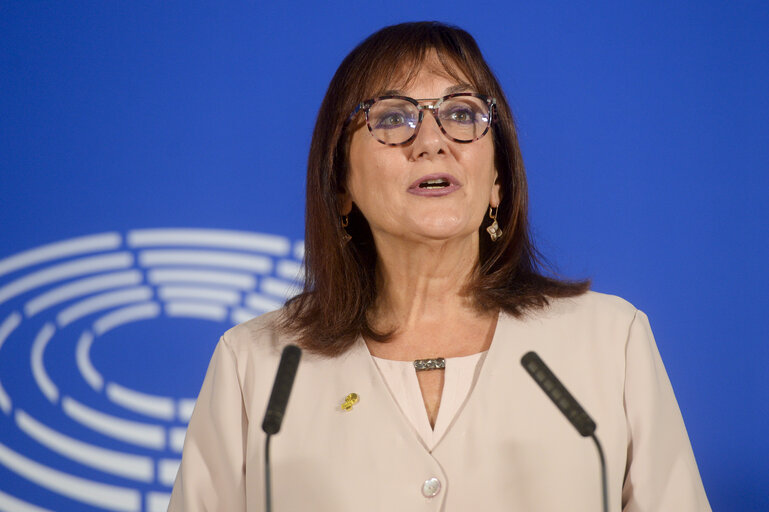
Currently Vice-President of the European Commission, Šuica has solid experience in European politics and has been part of the ENVI Committee. She could bring an innovative perspective on health related to demographics, particularly addressing the issue of ageing in Europe.
- Henna Virkkunen (Finland)

A Member of the European Parliament and active in pharmaceutical legislation, Virkkunen has a clear vision for health innovation in Europe. With a background in animal and sports welfare, she could drive preventive health policies.
- Maroš Šefčovič (Slovenia)
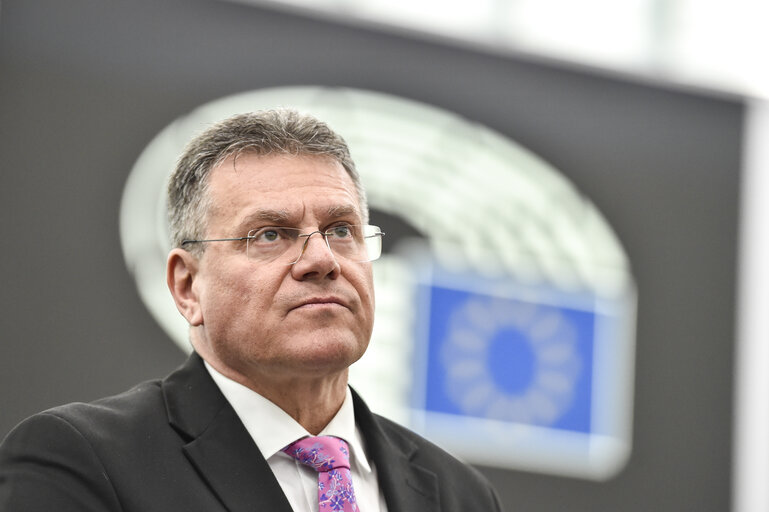
Šefčovič is one of Europe’s most prominent politicians. Although better known for his role as Executive Vice-President for the Green Deal, he has had brief experiences in health management (Acting Commissioner in 2012) and could be a compromise candidate.
- Dan Jørgensen (Denmark)
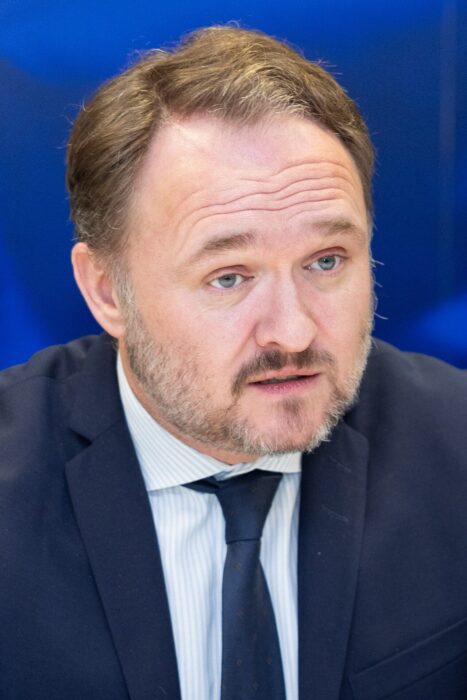
Former Minister for Agriculture and Environment, and former Vice-President of the ENVI Committee, Jørgensen could become a strong candidate, especially if Denmark does not secure the climate portfolio. His background in the agri-food sector could be an advantage in addressing challenges related to food safety and health.
- Teresa Ribera (Spain)
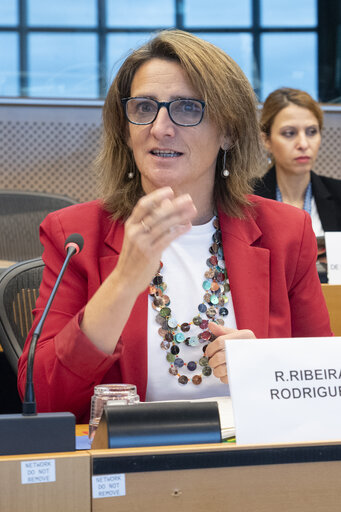
Vice-President of the Spanish government and Minister for Ecological Transition, Ribera has already demonstrated skills in managing public health during the pandemic. Her appointment could mark a shift in integrating health policies with environmental ones.
- Wopke Hoekstra (Netherlands)
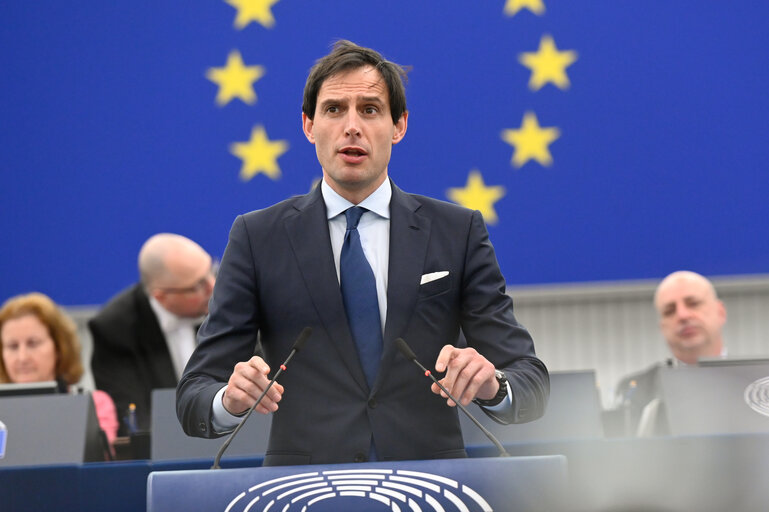
Currently Commissioner for Climate, Hoekstra has generated controversy for his financial positions during the pandemic. However, his crisis management experience could be seen as an asset for the Health portfolio.
- Roxana Mînzatu (Romania)
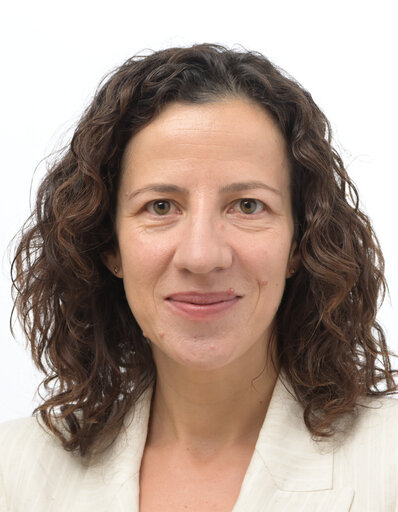
A newcomer to the European Parliament, Mînzatu has experience in managing European funds and water and digital infrastructure. She is also a supporter of reproductive rights, a topic increasingly discussed in Europe.
With such a varied landscape, the final decision could reveal much about the European Commission’s future priorities for EU’s health. Whoever is chosen will need to navigate the need to prepare for future health emergencies, promote equitable access to healthcare services, and address Europe’s complex demographic and environmental challenges.

